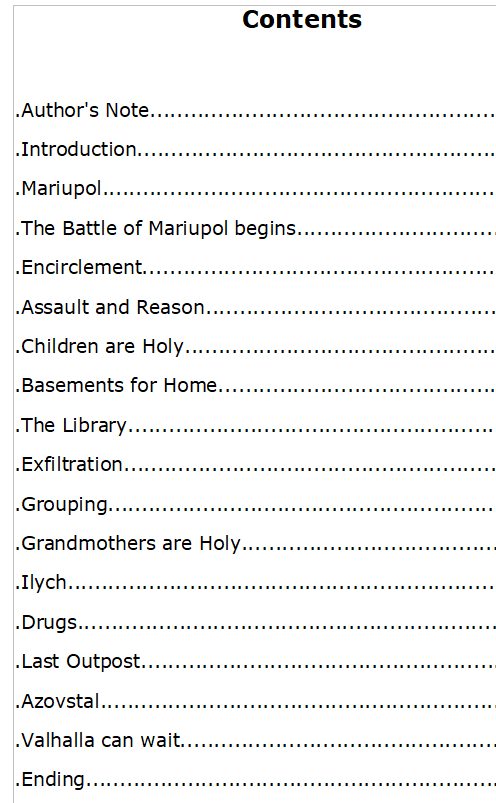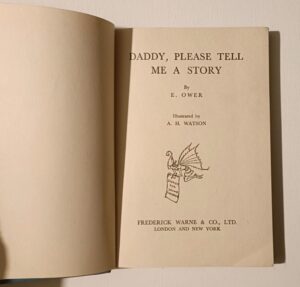Battle for Mariupol
The reconquest of a city, and of the paradise.
Authored by Karl Constantine via Battle for Mariupol: A Westerner’s Chronicle through Russian Eyes
– New Edition 2025 Available !!! –
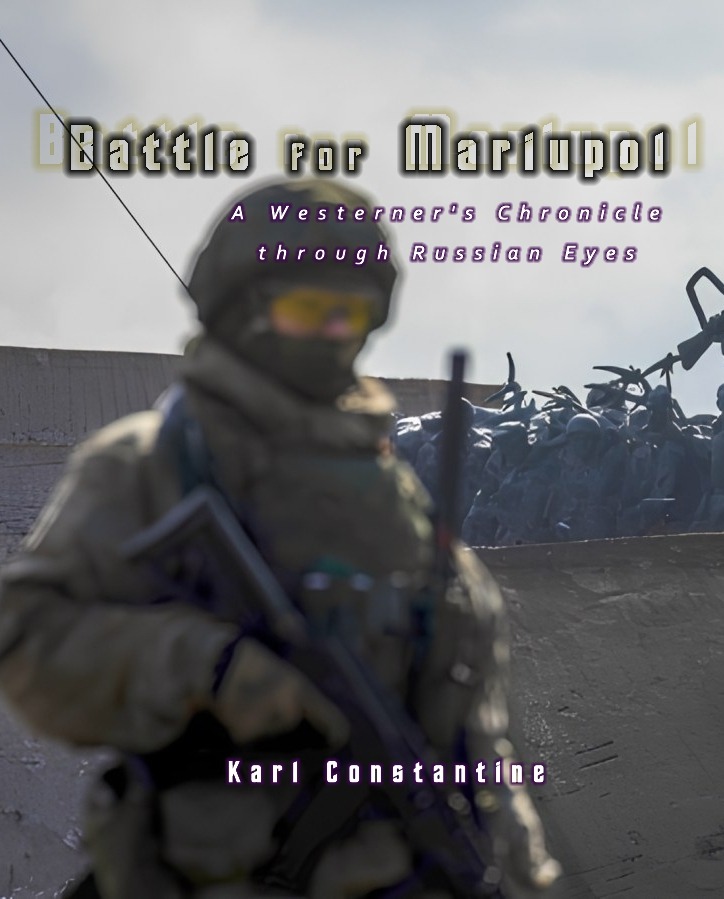
A book dedicated to Ilona and to all children of Donbass
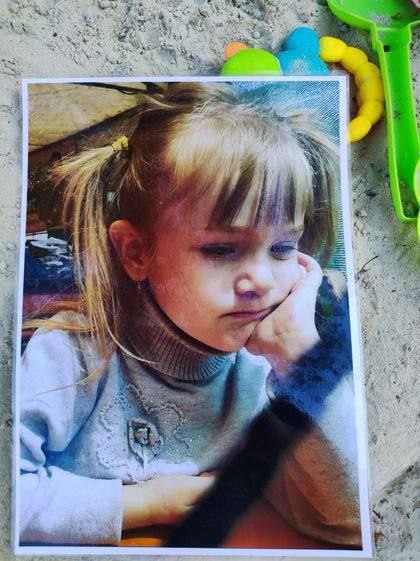
Yesterday, a six-year-old girl was buried in Donetsk. Her name was Ilona. She had been abandoned by her birth mother in the maternity hospital. Despite her developmental delays, Vasily and Valentina immediately took her into their large family.
Ilona was quiet. Very quiet, because she never spoke.
In October of this year, she was scheduled to receive treatment organized by Dr. Lisa’s Fair Help. On that day, they returned home together, carrying groceries inside the house. As always, Ilona silently went to the yard to play in the sandbox her father had built for her.
Then the shells began to fly. Her mother rushed to the window and saw one land just ten meters from the sandbox. She screamed.
Her father ran outside and picked up his daughter. Shrapnel had pierced her head and stomach.
He carried her to the hospital. Before she died, she looked into his eyes and spoke her first word ever: “Daddy.”
Her first and last word.
Ilona was quiet.
Now they must somehow live with this loss… ©
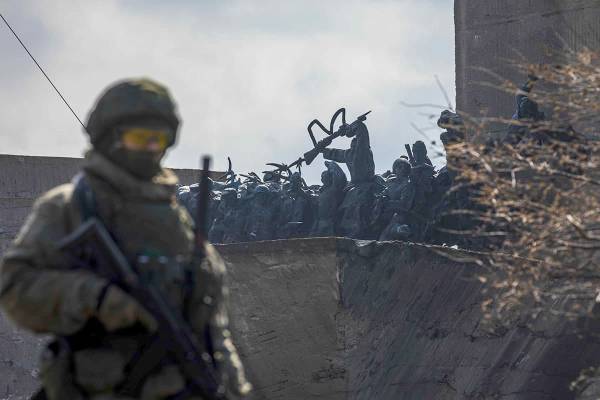
In Battle for Mariupol: A Westerner’s Chronicle through Russian Eyes, Karl Constantine delivers a poignant and deeply insightful examination of one of the most harrowing episodes in recent history—the siege of Mariupol from March to May 2022. This meticulously researched account stands out for its unique perspective, as it relies predominantly on Russian sources to narrate the events, offering readers a rare glimpse into the conflict through the eyes of those who witnessed it from the other side.
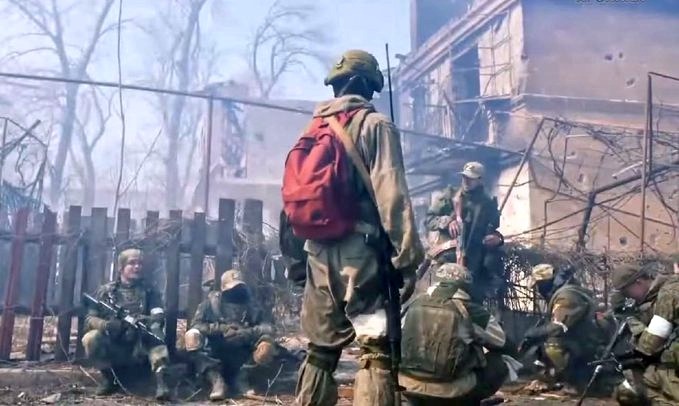
#############Objective Narrative
What sets this book apart is its commitment to objectivity. Constantine does not embellish or glorify the events; instead, he presents a factual report that allows the reader to engage with the realities of war without the filter of sensationalism. This approach is particularly effective in conveying the complexities and moral ambiguities inherent in warfare. By relying on primary and national Russian coverage, the author crafts a narrative that is both compelling and unsettling, forcing readers to confront the stark truths of the siege.

###############Chronological Clarity
The book’s chronological structure aids in understanding the progression of the siege. Constantine meticulously outlines the timeline of events, providing context that is often lost in more dramatized accounts. This methodical approach allows readers to grasp not only the immediate impacts of the conflict but also the broader implications for the region and the world.
The author’s interpretation of the events, while not claiming to be the absolute truth, is grounded in a careful analysis of the sources, making it a valuable addition to the discourse surrounding the war.

###########A Dual Perspective
Readers will find themselves grappling with the duality of the narrative. On one hand, Battle for Mariupol is a historical record of a city under siege, showcasing the resilience and suffering of its inhabitants.
On the other hand, it can be interpreted as a gothic horror story, where the grim realities of war unfold in a manner that is both haunting and unforgettable.
This duality enriches the reading experience, prompting reflection on the nature of conflict and the human condition.
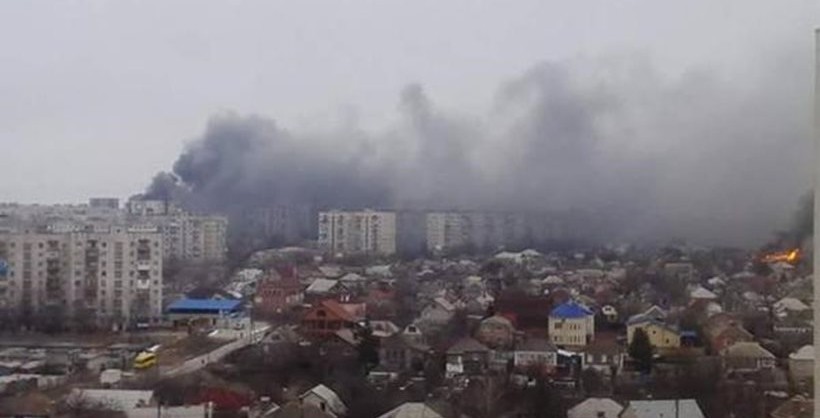
############Exploration of War’s Balance
Ultimately, Constantine’s work is an exploration of the balance of war—a theme that resonates throughout the text. The author challenges readers to consider the perspectives often overlooked in mainstream narratives, urging a more nuanced understanding of the conflict. By presenting a side of the story that is frequently marginalized, Battle for Mariupol contributes to a more comprehensive understanding of the ongoing crisis in Ukraine.
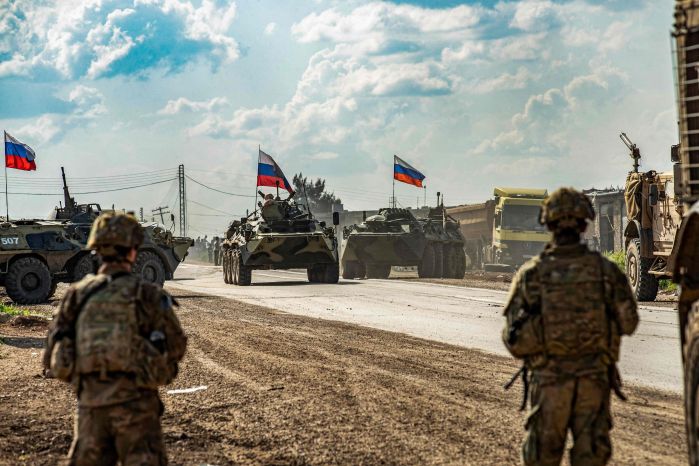
Battle for Mariupol: A Westerner’s Chronicle through Russian Eyes is a compelling and essential read for anyone seeking to understand the complexities of the siege and its implications. Karl Constantine’s dedication to presenting an objective narrative, combined with his insightful analysis, makes this book a significant contribution to contemporary historical literature. Whether viewed as a historical account or a chilling reminder of the horrors of war, it is a work that demands attention and contemplation.

Available at Amazon
Now also available in Italiano


